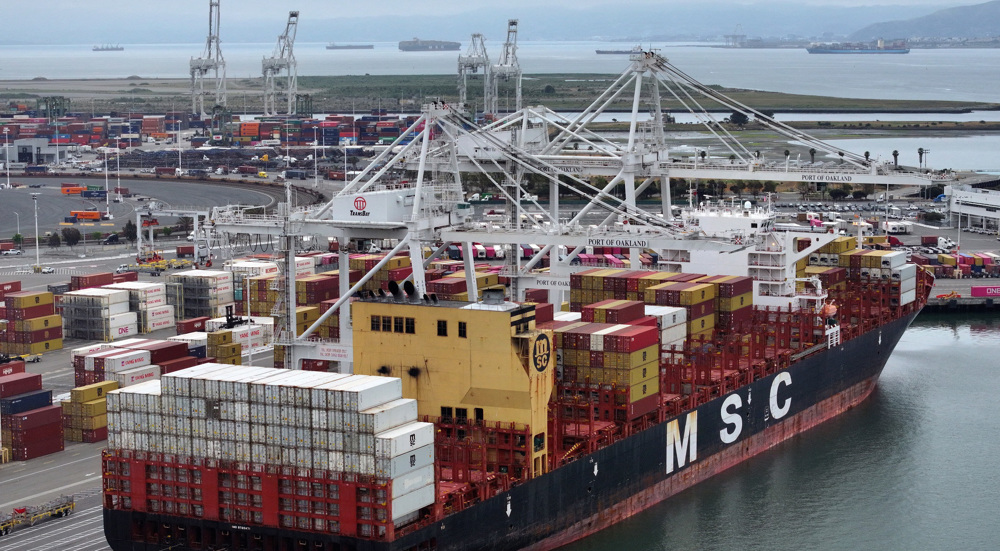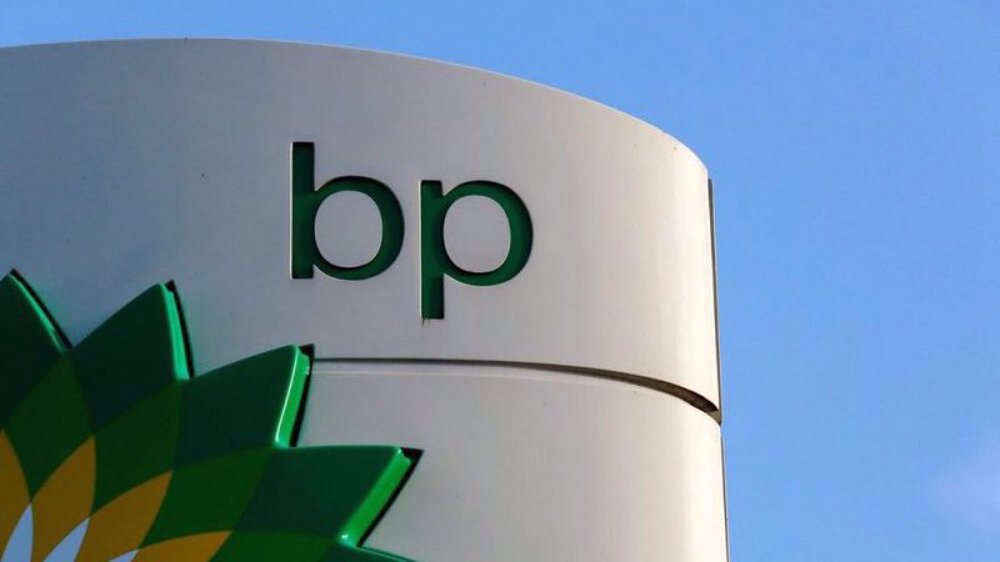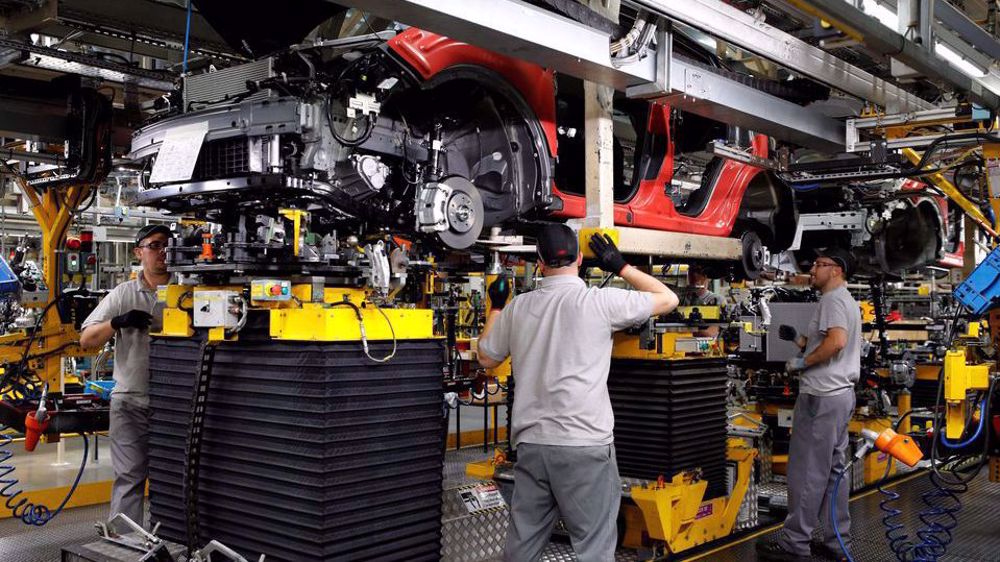Brexit red tape hits UK manufacturing of goods from cars to fridges
The United Kingdom’s manufacturing of goods from cars to fridges is getting hit by Brexit red tape, which holds up supply chains, according to The Independent.
With the possibility of vital parts for such goods falling into a legal limbo, manufacturing is at risk from serious disruption, it reported.
It added that as the government has not yet devised a suitable replacement for the European Union’s safety standards system, components essential for use in the country will not have a suitable “kitemark” to guarantee a product is safe.
And, unless there is confirmation that these safety and environmental standards are met, products and parts cannot be sold on the UK market.
During Brexit negotiations, the UK could not secure an agreement with the bloc to recognize one another’s safety standards, known as conformity assessments (CE).
Currently, products throughout homes and offices in Britain and Europe have the stamp “CE” which means they meet European health, safety and environmental standards.
The job to police these kitemarks is carried out by a government-approved testing body, and from January 1, 2022, the majority of products must be separately approved for a UK regime.
However, the failure to secure recognition for the UK’s conformity assessment (UKCA) bodies has badly impacted upon the UK’s advantage in international trade.
And according to the government’s own guidance, “it was not the desired outcome” in negotiations.
Now, industry bodies, factories and conformity assessors are saying that there is not enough capacity, or no capacity at all for testing certain goods ahead of the January 1, 2022 UKCA compliance deadline.
The situation might lead to a major falling out between business and government and hold up business’ recovery attempts in the wake of the Covid-19 pandemic.
Meanwhile, the government has been unwilling to extend the deadline for insisting on UK-only checks, saying that it is a matter of UK sovereignty and that businesses must not use delaying tactics to avoid changes, The Independent said citing sources.
“Conformity assessments are rapidly becoming a major blockage for companies who are now in a queue to get their products approved with the clock ticking down to the end of the year,’ said Ben Fletcher, chief operating officer at industry body Make UK.
“Many more are not even aware that this change is happening so soon,” he added.
“There is enormous bureaucracy involved in approving test centres and government needs to urgently fast track their approval so these delays in getting products approved for UK companies can be removed.”
He went on to say that there would be a “knock-on” effect from EU firms coming up against these delays, and opting to give up on supply the UK market.
The reason is companies will be required to get their products tested both for the EU and for the UK markets, duplicating red tape and costs. The UK’s market is way smaller than the EU’s and this will make that extra cost unappealing for many suppliers.
This comes after figures from the number of cars rolling off British production lines hit the lowest level since 1953 in June, according to the Society of Motor Manufacturers and Traders (SMMT), which also reported shortage of semi-conductors and a shortage of labour both played a major role.
Meanwhile, IHS Markit’s fresh survey data on Monday showed stretched supply chains were acting as handbrake on manufacturers’ output.
This shows that purchasing managers at factories are being under pressure to fight off competition to be able to secure crucial parts.
The impact of additional Brexit red tape makes those conversations more difficult, and ultimately makes it more expensive to buy-in supplies, according to supply chain managers at major UK factories.
The UK, which has been moved from a global leader on conformity assessments to a relatively isolated regional player after Brexit, is struggling to set up its own independent assessment regime.
British testing bodies will no longer be recognized by the bloc and vice versa from 2022 and without a UK-recognized conformity assessment provider, manufacturers will have a hard time knowing how to meet standards.

China halts liquefied natural gas imports from US amid tariff war

Negative impact of Trump tariffs on UK economy

BP to be sued in Britain for supplying oil to Israel
VIDEO | Press TV's news headlines
VIDEO | India-Pakistan tensions escalate after deadly Kashmir tourist attack
Iran FM, IAEA chief discuss latest state of cooperation
US airstrike on Yemeni capital kills 8 people
VIDEO | Iran multilayered diplomacy
VIDEO | Press TV's news headlines
Iran more than halved its power grid losses to 10% in 16 years: Expert
Abbas names likely successor in move deemed ‘illegitimate, divisive’












 This makes it easy to access the Press TV website
This makes it easy to access the Press TV website